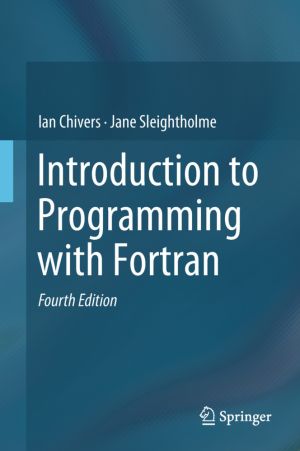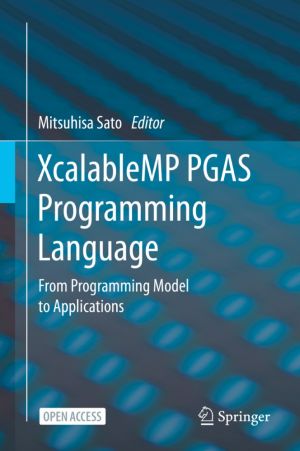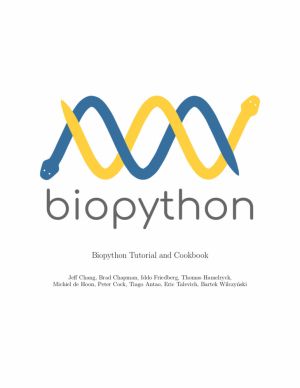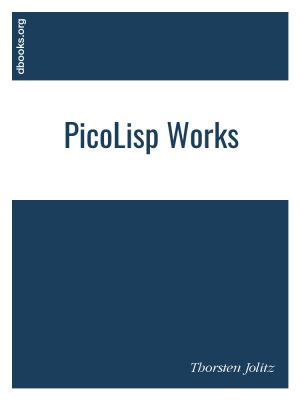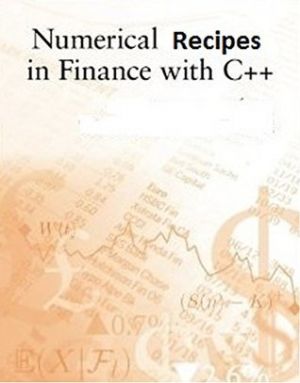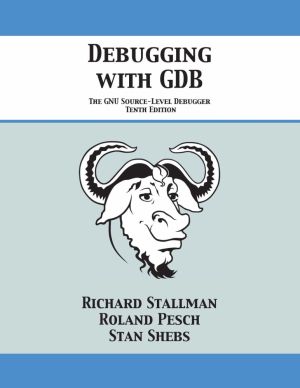FORTRAN
found 6 books
by Ian Chivers, Jane Sleightholme
This fourth Edition presents new examples on submodules, derived type i/o, object oriented programming, abstract interfaces and procedure pointers, C interop, sorting and searching, statistics and converting to more modern versions of Fortran.Key FeaturesHighlights the core language features of modern Fortran including data typing, array processing...
by Mitsuhisa Sato
XcalableMP is a directive-based parallel programming language based on Fortran and C, supporting a Partitioned Global Address Space (PGAS) model for distributed memory parallel systems. This open book presents XcalableMP language from its programming model and basic concept to the experience and performance of applications described in XcalableMP.�...
by Jeff Chang, Brad Chapman, Iddo Friedberg, Thomas Hamelryck, Michiel de Hoon, Peter Cock, Tiago Antao, Eric Talevich, Bartek Wilczyński
The Biopython Project is an international association of developers tools for computational molecular biology. Python is an object oriented, interpreted,flexible language that is becoming increasingly popular for scientific computing. Python is easy to learn, hasa very clear syntax and can easily be extended with modules written in C, C++ or FORTRA...
by Thorsten Jolitz
PicoLisp Works is a compilation of (almost) all available information about the technological gem PicoLisp - a programming language and environment that definitely deserves wider attention. Built on the unique characteristics of Lisp (almost no syntax, code is equivalent to data), PicoLisp combines powerful abstractions with simplicity and purit...
by Bernt Arne Ødegaard
This book is a a discussion of the calculation of specific formulas in finance. The field of finance has seen a rapid development in recent years, with increasing mathematical sophistication. While the formalization of the field can be traced back to the work of Markowitz (1952) on investors mean-variance decisions and Modigliani and Miller (1958) ...
by Richard Stallman, Roland Pesch, Stan Shebs
The GNU Debugger allows you to see what is going on "inside" a program while it executes - or what a program was doing at the moment it crashed. GDB supports C, C++, Java, Fortran and Assembly among other languages; it is also designed to work closely with the GNU Compiler Collection (GCC). The GNU Debugger Program has four special featur...

